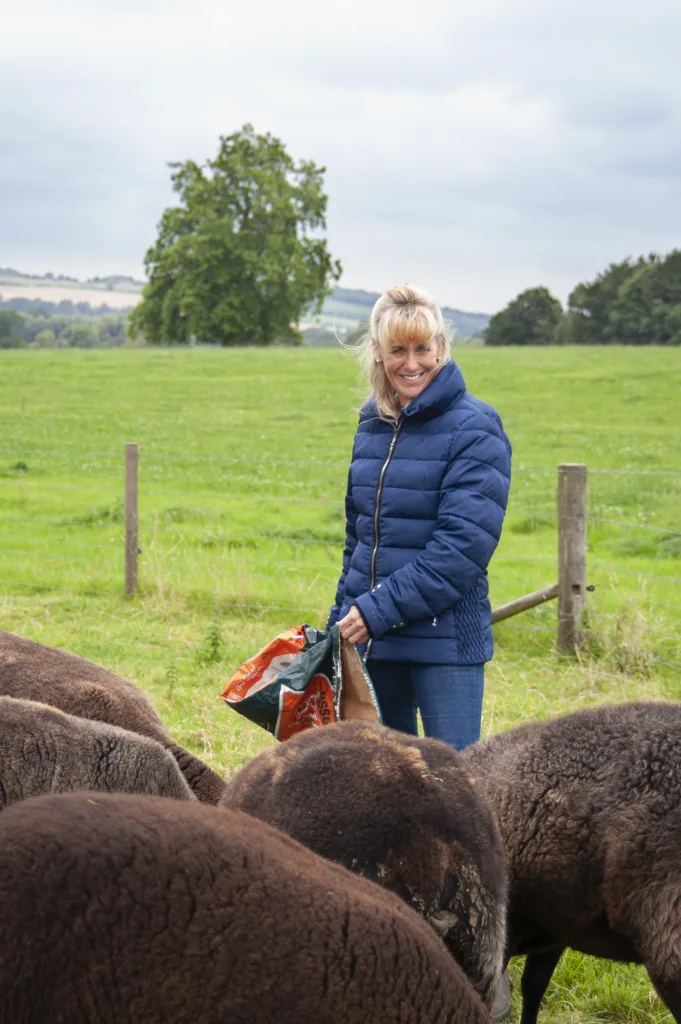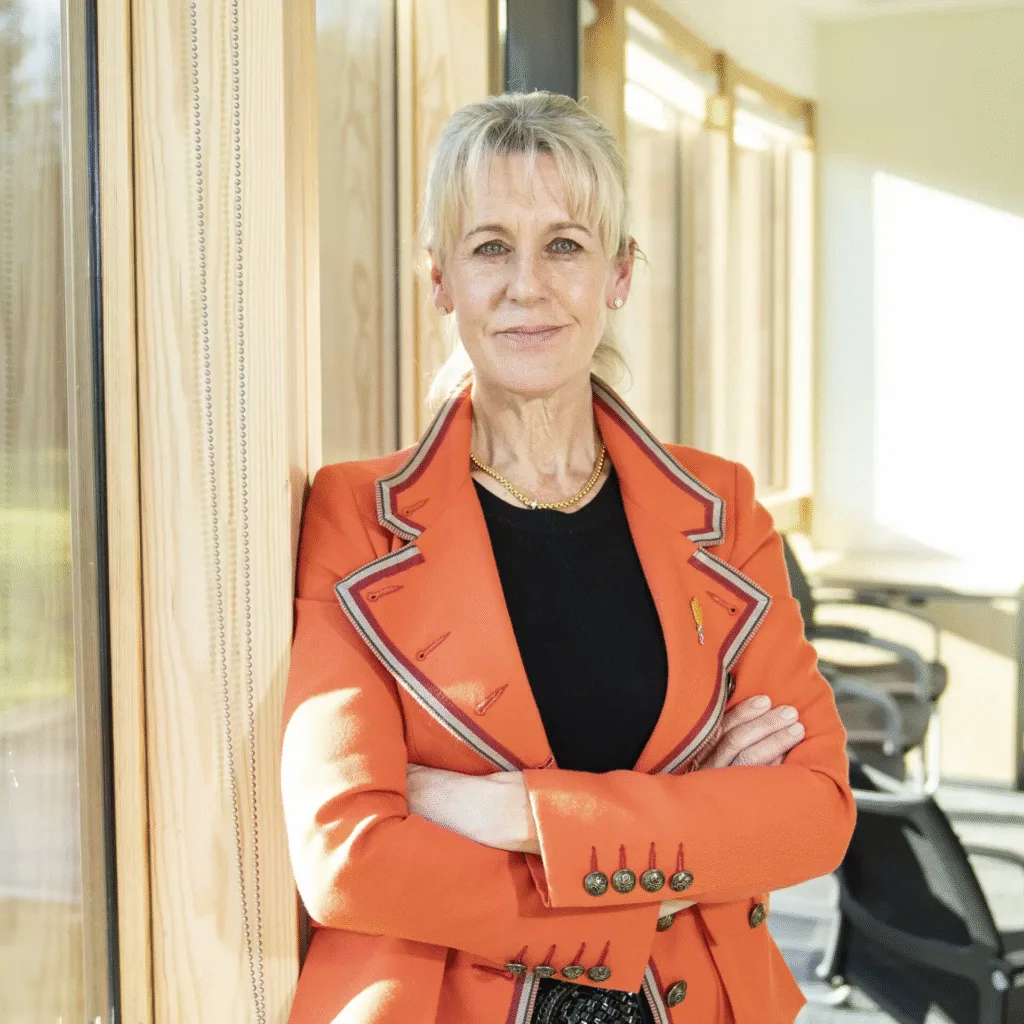Farming’s future demands clarity not chaos, says Minette Batters, as she warns of political drift, food insecurity and farmers close to walking away
Former NFU President Minette Batters is not known for pulling punches. As one of the country’s most prominent voices in agriculture – and a tireless advocate for British farmers – she has spent years pushing government after government to take the rural economy seriously.
She speaks to The BV as this year’s president of the Gillingham & Shaftesbury Agricultural Society, taking on the honorary role ahead of this summer’s G&S Show. But the conversation quickly turns to farming’s future – and the cost of continued political drift.
‘Uncertainty is the biggest issue right now. Farmers just don’t know what policy is going to hit them next,’ she says. ‘Morale has been knocked. There’s real worry out there.’

A sector in survival mode
‘We’re in a drought, but we’ve just had the wettest 18 months on record – it’s been absolutely extraordinary. I’ve never known weather like it, and I’ve been farming for 26 years.’
‘It has affected every sector: the arable sector is in huge difficulty, with half the amount of wheat being planted. Grass yields are massively down. And bovine TB just goes on and on … you can be shut down, you can lose animals, and then the mental health pressures that naturally follow…’
For many, she says, the pressure feels relentless – and national policy only adds to the stress.
‘In 2018 we were told there would be “public money for public goods” – that food didn’t count, that producing food didn’t count.
‘We’ve spent six years changing direction again and again. Just look at the Sustainable Farming Incentive: people were being paid not to farm, and then suddenly they were being paid to grow wheat again.’
‘It’s that flip-flopping that does the damage. We’ve had enough of being told to do one thing and then, at the last minute, it all changes.’
A plan for the long term
Minette is currently chairing the government’s Review into Farming Regulation and Profitability, reporting directly to DEFRA. It’s a role she takes seriously – but with realism.
‘This can’t be another short-term fix. Farming is a long-term business – you can’t chop and change every four years.
‘We need a 25-year plan. Something stable. Something that stretches beyond political cycles. Until we have that, we’re just firefighting.
‘We’re at a point now where there’s a real risk of large parts of the countryside becoming unproductive and people just walking away. That’s not being dramatic – that’s where we are. And we have to ask: “What do we want our rural economy to look like in ten years? What are we actually trying to achieve?”’
Forgotten value
For years, Minette has campaigned for the public and policymakers alike to take UK food security more seriously. ‘The message still hasn’t landed. People assume there will always be food on the shelves. But look at what’s happening – more than half of all fresh vegetables are now imported. We are exposed. We are vulnerable. And when geopolitical tensions rise, it’s our food system that will suffer first.
‘Cheap food comes at a cost.
And we’ve got to stop pretending that it doesn’t.’

Farming’s future
Despite the challenges, Minette remains hopeful – particularly about the next generation of farmers.
‘Young people have such a strong sense of purpose. I speak to them all the time. They want to do the right thing – they want to innovate, to farm sustainably, to look after the land. They’re smart, they’re motivated, and they’re less burdened by the traditional structures.
‘But we have to give them a voice. We have to bring them in. Because without them, there is no future for farming.
‘We also need to make sure there are enough support services for them. This is a lifestyle, not a job – and when everything’s going against you, it’s easy to feel isolated. That’s why the agri shows, the local connections – that community spirit – is so important. It holds people up.’
The personal cost
Minette’s own farming journey began with eight rented acres and a small catering business to keep things afloat. Today, she is a tenant farmer, with a 300-acre mixed farm in Wiltshire, raising Hereford cattle and arable crops – and (until recently) dividing her time between that and relentless lobbying in Westminster.
‘You don’t do it for thanks. You do it because you care. Because it matters. I’ve had moments where I thought: what’s the point? But you carry on. You fight the next battle.’
A return to the showground
She says that coming to this year’s Gillingham & Shaftesbury Show feels good, like a full-circle moment.
‘It’s where real farming happens. It’s where you see the next generation stepping into the ring. It’s a space where farmers meet each other face-to-face – no emails, no lobbying, just people, livestock and community.
‘That’s the heart of everything.’


